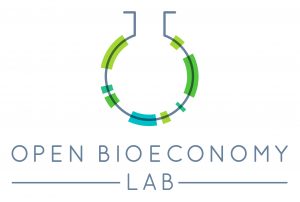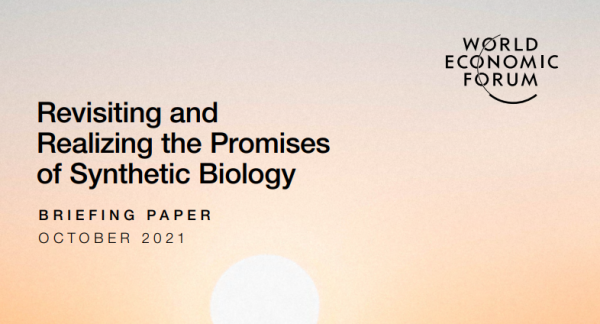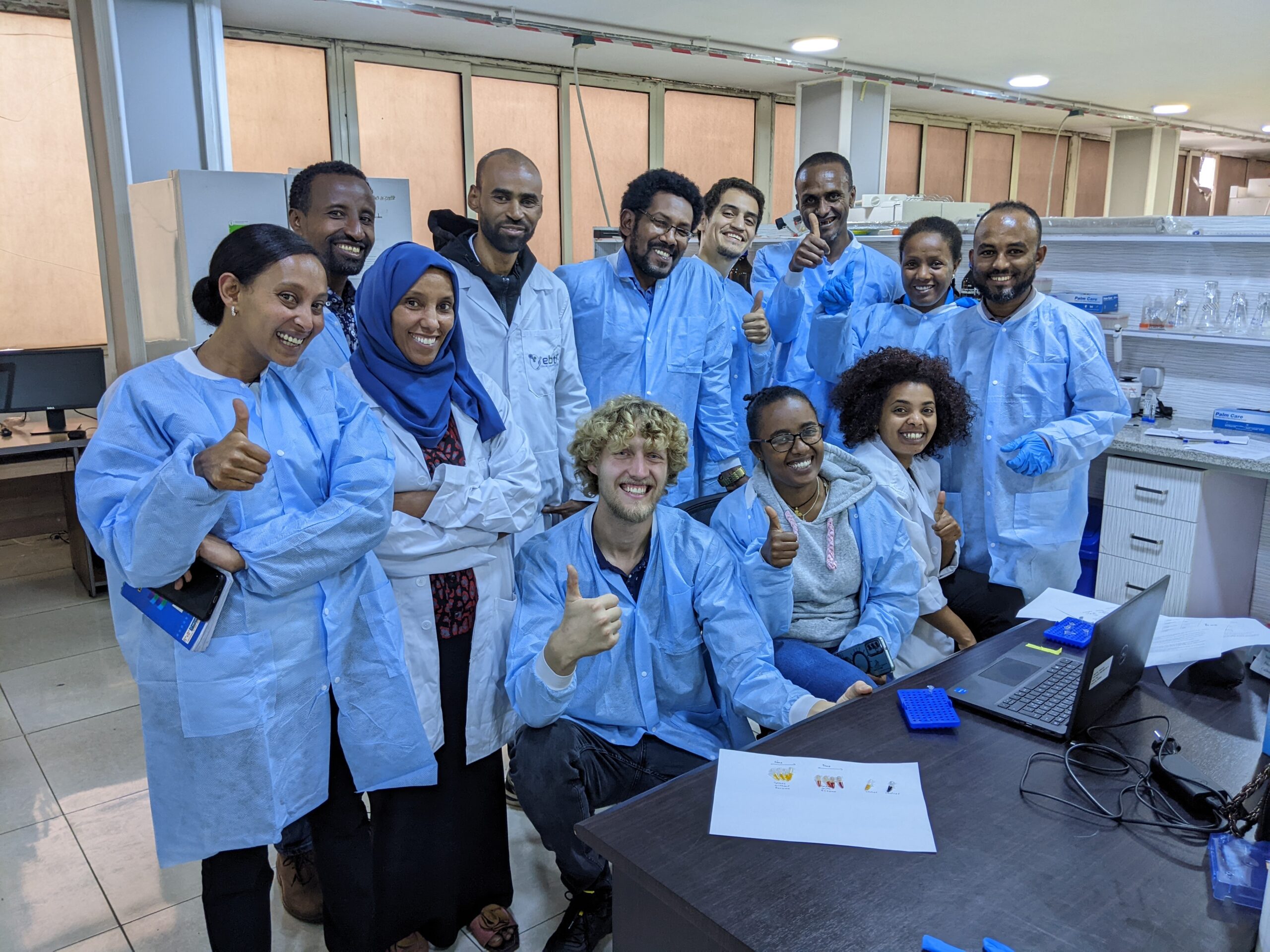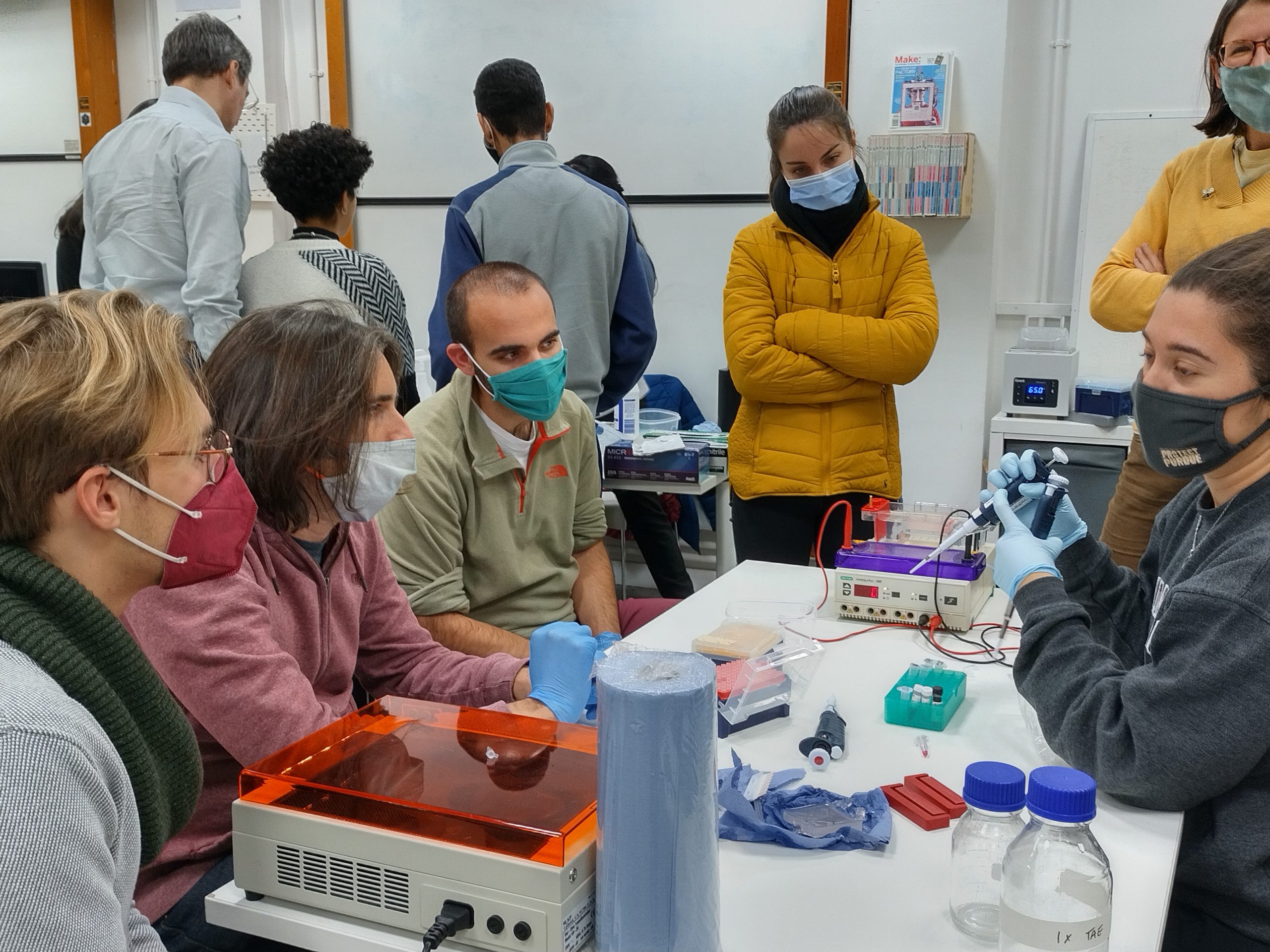Synthetic biology is a frontier field that employs science and engineering approaches to design biologically based parts, novel devices and systems as well as redesign existing, natural, biological systems. Its applications have expanded to almost every major industry. Potentially the broadest impact area is the manufacture of bio-based products and the numerous applications of these products in health and well-being, food and feed, industrial chemicals and biofuel applications.
The potential benefits of synthetic biology are manifold – but will they be distributed equitably? Wealthy nations have been at the forefront of synthetic biology and the livelihoods of those in developing and emerging economies have often been overlooked. As we learn to engineer the living world, how can we ensure it is a world in which we want to live? This report looks at synthetic biology’s embodiment and advancement of equity, humility, sustainability and solidarity over time: four values that are important in realizing its future benefits and minimizing its potential negative consequences. It also provides recommendations on how policies could direct the future trajectory of synthetic biology to benefit all people and the planet.
Dr Jenny Molloy of Open Bioeconomy Lab was the 2020-21 Fellow of the World Economic Forum Global Future Council on Synthetic Biology and is now a member of the council. She supported a working group led by Prof Matthew Chang in developing this report.





